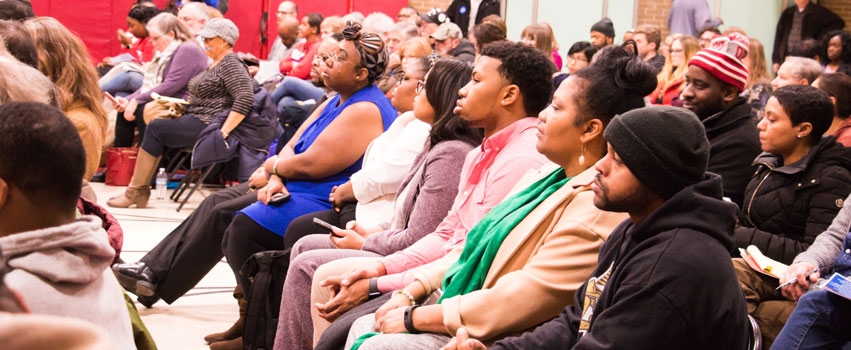The Medical Marijuana Myth
Beginning January 1, 2020, Illinois consumers over the age of 21 will be able to buy marijuana for recreational use from licensed sellers and partake in their own home or at a facility approved by the state. At this moment, employers are scrambling to review and rewrite their drug testing policies—our facility has received many calls about the new law and what it means for them.
It’s not within the scope of this article to make recommendations regarding employer drug testing policies. Given this is a hot-button issue and will likely undergo many legal challenges, I highly recommend that employers seek the advice of legal counsel before they keep, change or even throw out some or all of their drug testing policies before January 1.
But with all the focus on the legal aspects of the drug, I believe one central factor related to medical marijuana—albeit less recognized—has dramatically contributed to this employer struggle. It’s a single word: medical.
Though some will point to the ancient origins of marijuana for medicinal use, modern-day cannabis received the label from weed proponents and bureaucrats, not the medical community. I recognize it’s a lot to ask of politicians to allow facts and truth to guide their policy-making; however, maybe it’s high time they accept reality about marijuana. Simply put, marijuana is not medicine—at least, not yet, and not in the form regulated by this legislation.
Now, before proponents on the medical smoke bandwagon slowly saunter off, wage a protest and toss their unused roll-ups at me, please understand that I didn’t say that no one derives therapeutic benefits from the occasional toke or herb-enhanced brownie. However, medically speaking, THC isn’t a medication any more than my personal favorite: EtOH. (That’s the medical term for ethanol, the ingredient in alcoholic drinks that causes intoxication.) Don’t believe me? Consider this.
Marijuana is illegal under federal law, classified as a Schedule I controlled substance; thus, physicians cannot prescribe it for medical purposes. Clinically speaking, a medical card from a physician is tantamount to a recommendation for a patient to drink more water, take a multivitamin or even have a nightcap before bedtime. (I’m told that some old-timers still “prescribe” them.)
But why is this? The reasons are found in the research, or lack thereof. While a physician could, hypothetically, recommend that a patient inhale a one-hitter or eat a couple of Aunt Mary’s delicious chocolate chip and “oregano” cookies every eight hours, they cannot (nor is there any way to) ensure the quality, dosage size or purity. While I don’t question the level of quality control in marijuana dispensaries, I do believe it’s safe to conclude they don’t adhere to the same rigors of pharmaceutical manufacturing and dispensing.
In short, while recognizing some might have a medical condition for which marijuana works—just like CBD products or even a vitamin supplement—we need a reality check. If we’re going down the path of legalizing ganja, let’s throw out the “medical” label, categorize it just as we do alcohol, regulate and tax the hell out of it, and call it a day.
Now, as it’s late, I’m going to pour my medicinal whiskey and soda nightcap and retire for the night. PM
